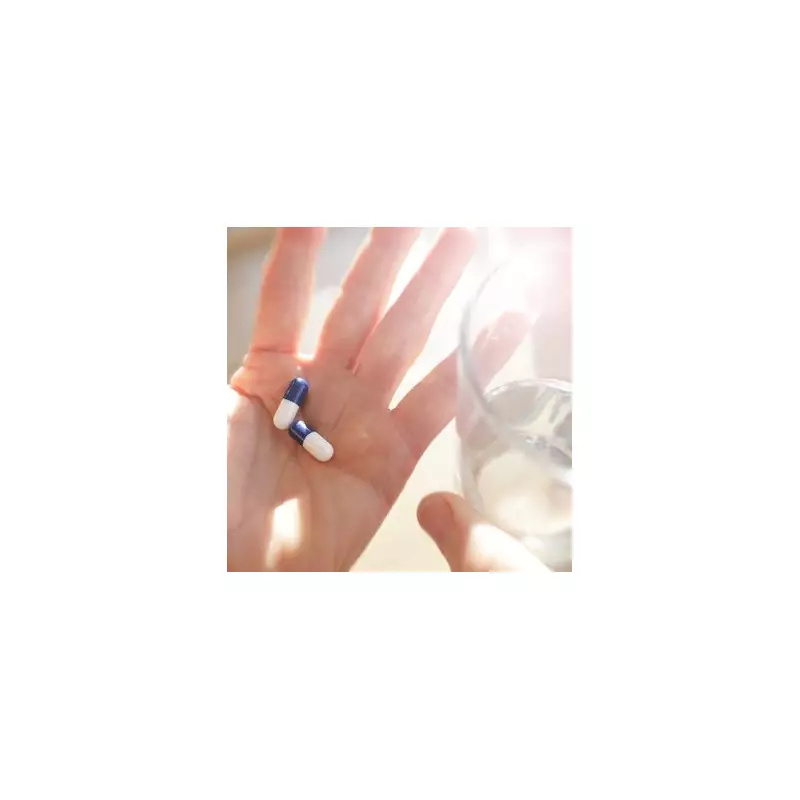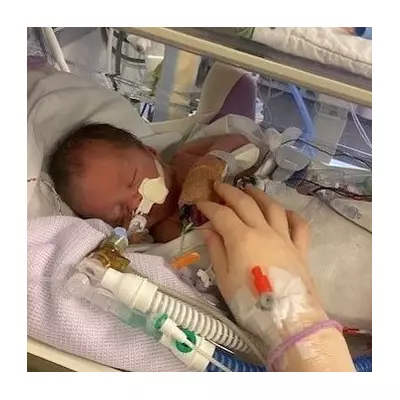
The National Health Service has issued a crucial safety warning that could affect millions of Britons who regularly take common painkillers. Health experts are urging the public to be aware of dangerous medication combinations that could lead to severe health consequences.
The Hidden Dangers in Your Medicine Cabinet
Many households across the UK stock familiar pain relief medications, but few realise the potential risks when these are mixed with other common drugs. The NHS alert highlights specific combinations that could turn routine pain management into a serious health hazard.
Which Medications Are Causing Concern?
While the NHS hasn't named specific brands in their public warning, they've identified categories of painkillers that pose significant risks when combined with:
- Certain blood pressure medications
- Specific antidepressant drugs
- Various blood thinners
- Other pain management treatments
Why This Warning Matters Now
With increasing numbers of people managing multiple health conditions and taking several medications simultaneously, the risk of dangerous interactions has never been higher. The NHS reports a worrying rise in hospital admissions related to adverse drug reactions.
Protecting Yourself and Your Family
Healthcare professionals recommend these essential safety steps:
- Always consult your GP or pharmacist before taking new medications
- Keep a complete list of all medications you're taking
- Read package inserts carefully
- Never assume over-the-counter means completely safe
Remember: Even common painkillers available without prescription can interact dangerously with other medications. What seems like harmless pain relief could potentially lead to kidney damage, stomach bleeding, or other serious complications when combined incorrectly.
What to Do If You're Concerned
If you regularly take pain medication alongside other drugs, don't stop your treatment abruptly. Instead, book an appointment with your GP or speak to your local pharmacist for personalised advice about your specific medication regimen.
The NHS continues to monitor medication safety and will provide updates as necessary. Patient safety remains their highest priority in this ongoing health initiative.





